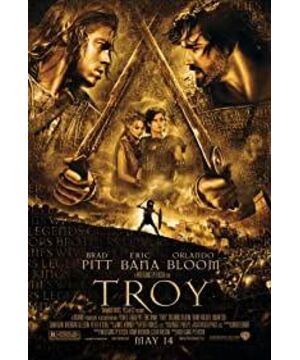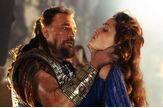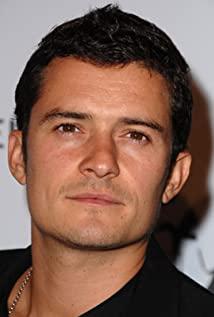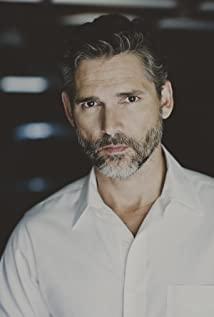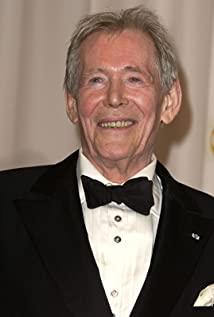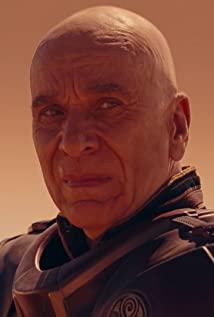If the Trojan War is regarded as a historical event rather than the legend of Irion, the film's deification is well done. It not only restores the reality of the times, but also reflects the deep-rooted and powerful polytheistic beliefs of the ancient Greek era. It also implies that Western Originally wanted to go to "God"'s self-consciousness tendency: Achilles cut off the head of the statue of Apollo; Hector questioned "God divination" several times. The former was not punished, and the latter actually proved the correctness of Hector, as well as the prophet who could divine the "Ukua" and represent "God's Will", fled when the city was broken, and panicked against the enemy soldiers. Claiming to be a "servant of the gods", he was knocked off a tall building by a stout soldier.
The most ironic thing is that at the end of the film, the old king Priam asked loudly to the soldiers who smashed the statue: "Do you have a sense of honor?" Before his death, he was still begging the jackal: "Let go of the children and the innocent people", but his beloved Troy was doomed to be slaughtered when the city was broken. This scene is the most depressing for me in the whole film: beauty, kindness, and justice are nakedly devastated by lust and brutality.
This ferocious denial of beauty caused a deep pain in my heart, but instead allowed me to experience the true existence of beauty and kindness.
But at the same time, the director's deification also gave me a lot of discomfort: Achilles' weakness wasn't his ankle, but Paris shot by mistake?
We need a strong Achilles who has almost no weaknesses. His body is like an iron wall, and he can only be folded into the "destiny" written by God, and he does not care about the world; and his mind will not yield to anyone.
ps: From the Elf Prince to the Troy Prince, Bloom's title has not changed, and his skills have not changed (all of them are archers?)!
View more about Troy reviews


